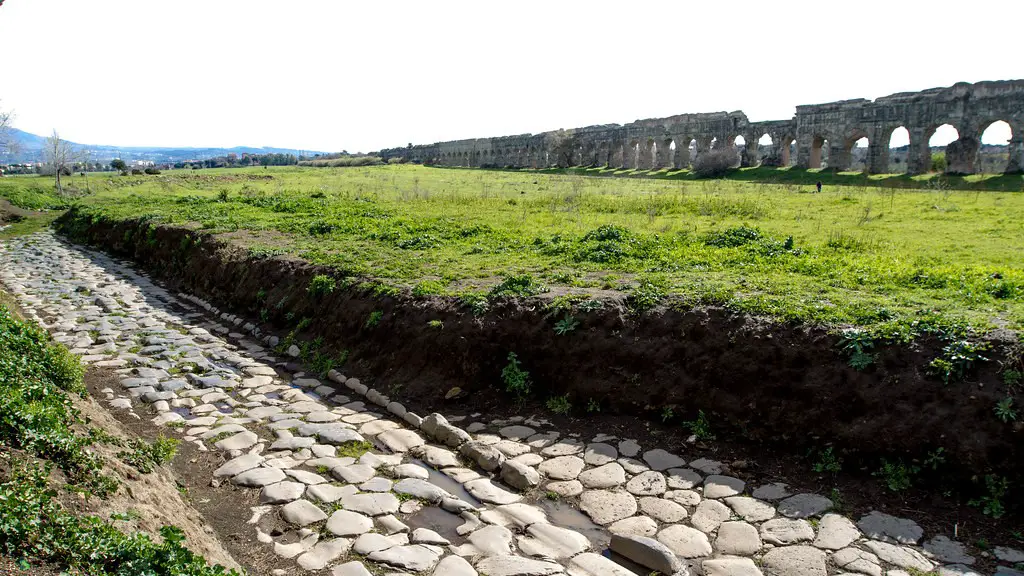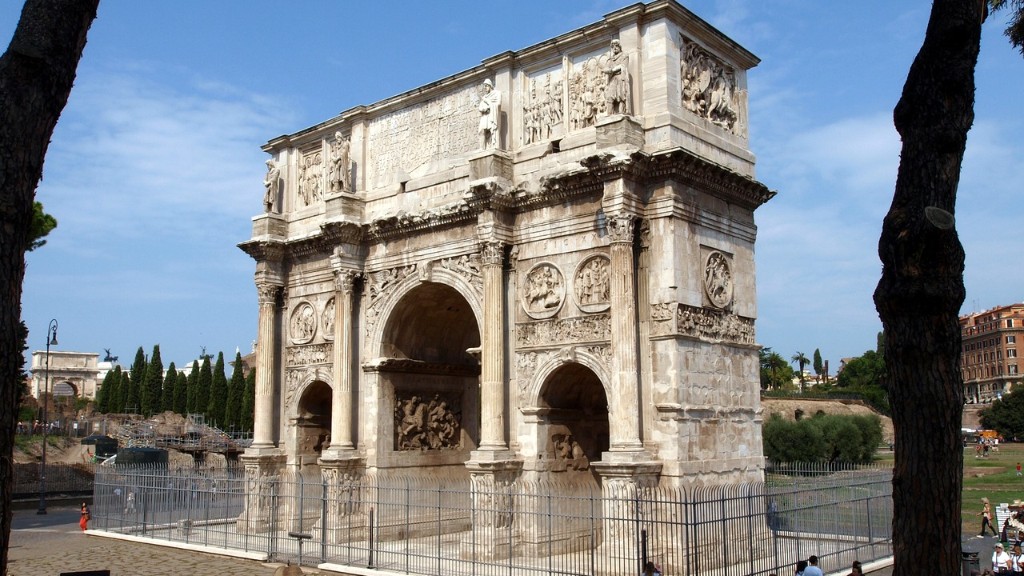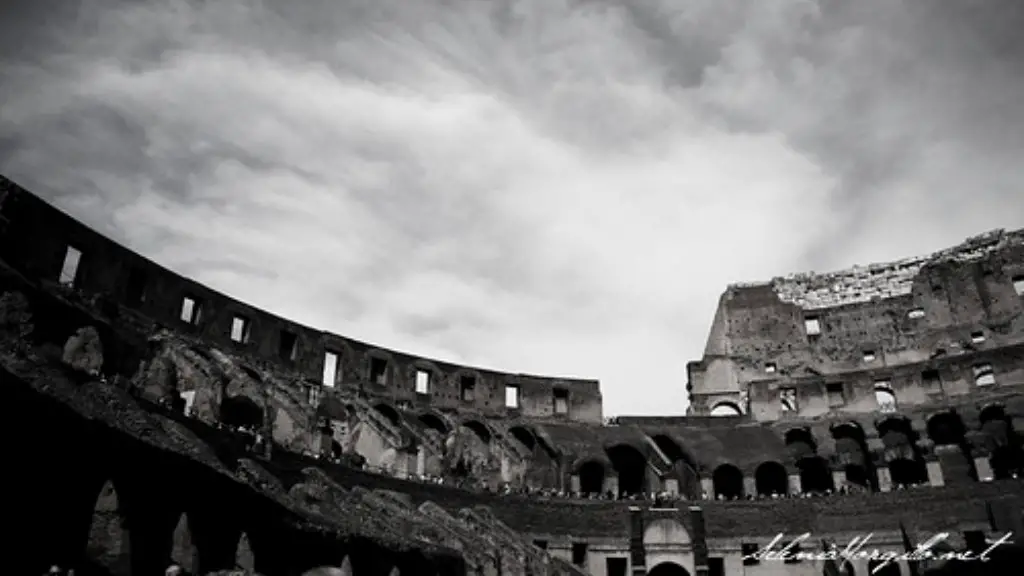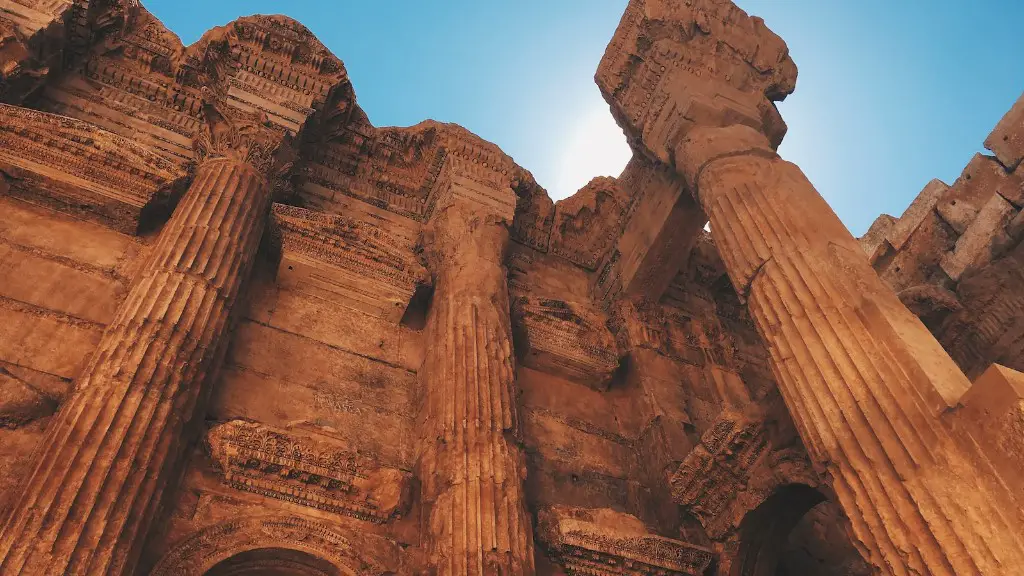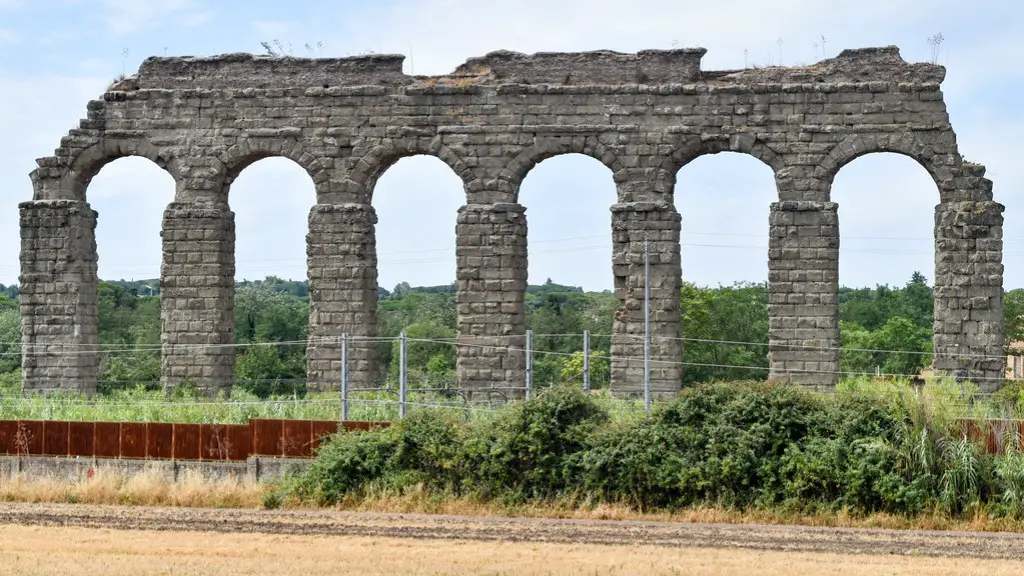Introduction
Ancient Rome was the largest and most influential civilisation of its time. It was a fascinating and impressive culture, with some of the greatest achievements in history. From its conception to its sunset, Ancient Rome pioneers in science, technology, architecture, military strategies, and organizational strategies, and its rich legacy still resonates to this day in many aspects of modern life. In this article, we’ll explore some of the most notable achievements of Ancient Rome, discussing the influence it had on the world at that time and how its legacy still affects the world today.
Influences On Language And Law
The Romans were very instrumental in the development of language and law. Latin, the language of the Roman Empire, became the most commonly used language throughout Europe and beyond. Along with Latin, they also developed the practice of Roman Law, which laid the foundation for the legal systems in many countries today. Roman law shaped the legal systems of countries around the world, with many countries adopting a version of Roman law as their basis.
One of the key elements of Roman law was its concept of “natural justice,” which is rooted in the principle that all persons should be treated equally under the law. In other words, justice is blind to one’s status, and decisions are to be made impartially and objectively. This concept helped establish justice as a cornerstone of democratic systems, providing a framework for decision making that is still used today. Additionally, the Romans were responsible for laying the groundwork for legal proceedings, such as the trial by jury.
Development Of Roads
The Romans were masterful engineers, and perhaps one of their most impressive achievements was the development of roads which allowed them to expand their empire and securely transport goods. Although similar roads had already been constructed by other civilizations, the Romans perfected the art of building sophisticated and durable roads. Their roads featured an innovative construction method that included a deep foundation and layers of aggregate, gravel, sand, and stones.
They also developed a new type of paving stone which was stronger, cheaper, and more resistant to wear than previous materials. This type of stone was used to create the first long-lasting highways, linking the coasts of Europe to the interior of Italy and other provinces. These roads allowed the Roman Empire to expand its reach and more efficiently transport goods from one region to another.
Advances In Technology
The Romans were early adopters of technological advancements. They developed tools and machines for various purposes, ranging from transportation to warfare. Perhaps their most innovative engineering feat was their invention of aqueducts. These man-made waterways supplied Roman cities with fresh water by transporting it from sources in the countryside to the city center.
The Romans also developed sophisticated methods of irrigation and infrastructure maintenance, which they used to support the efficient functioning of the cities they controlled. Their work in infrastructure also included the construction of bridges, canals, and public buildings.
Political And Social Reforms
The Roman Empire was one of the first to develop a representative government in the form of a republic. In addition, they began the process of reforming their legal system, which included dividing the legal system into different jurisdictions, holding public debates on legal issues, and trial by jury. The Romans also laid the groundwork for the modern system of democracy.
The Romans also sought to create more equitable social structures. In ancient Rome, slaves were either freed or given equal treatment before the law. They also sought to provide citizens with more rights and freedoms, including rights to vote and trial by jury. This helped to create a more balanced system of political representation and laid the foundations for the modern democracies of the West.
Advances In Education
One of the most lasting legacies of Ancient Rome is its contributions to education. The Romans believed in the importance of education, which they saw as key to a prosperous society. Consequently, they helped to spread education throughout their empire by establishing public schools and providing free schooling for all citizens.
The Romans also encouraged the study of philosophy and science, which allowed them to make advances in areas such as mathematics, anatomy, and medicine. Additionally, the Romans developed libraries throughout the empire and funded the translation of ancient texts into Latin, giving us access to many literary works that would otherwise have been inaccessible.
Influence On Architecture
The contributions of Ancient Rome to architecture are some of the most visible today. The Romans used a variety of building materials, including marble, limestone, and stucco, to construct monumental buildings with intricate designs. These included public facilities such as aqueducts, amphitheaters, and baths. Most importantly, the Romans developed concrete, which enabled them to construct more durable buildings that were larger in scale.
The Romans were also major contributors to the development of architectural principles, including the use of the arch, vaults, and domes. This revolutionary approach to building allowed them to construct more complex and sophisticated structures, such as the Pantheon in Rome, which still stands today.
The Roman Legacy
The contributions of the Ancient Rome have had a lasting influence on our world. Many aspects of our laws, language, infrastructure, and architecture were shaped by the innovations of the Romans. Furthermore, their commitment to education has shaped the development of our educational systems of today. We can see the influence of this ancient civilisation in our modern world, from the legal systems we use to the monuments we admire.
The Roman Impact On Military Strategies
The Roman Empire was one of the most powerful empires in ancient times due to their mastery of military strategy. Roman military tactics were the most advanced of their time, allowing them to expand their empire quickly. These tactics included the effective use of Legionnaires, who were trained in a variety of weapons and tactics. They employed a combination of defensive and offensive strategies to outmaneuver their opponents and ensure victory in battle.
The Romans also used siege warfare as a means of asserting their dominance. This type of warfare allowed them to surround and besiege a city until its capitulation. The Romans also developed strategies for more unconventional warfare, such as naval warfare, in order to extend their control over the seas and better protect their territories.
Development Of Organizational Strategies
The Romans were very effective at deploying and organisation of manpower. They developed a sophisticated system of taxation which allowed them to collect revenue from both citizens and provinces. This in turn enabled them to support their military campaigns and infrastructure projects.
The Romans also implemented a system of road maintenance which allowed them to maintain their extensive network of roads. This system allowed them to quickly respond to any damage or destruction caused to their roads, and ensure the safety of their troops and citizens. Additionally, they developed innovative methods of governance, administration, and organization which helped them to efficiently manage their growing empire.
